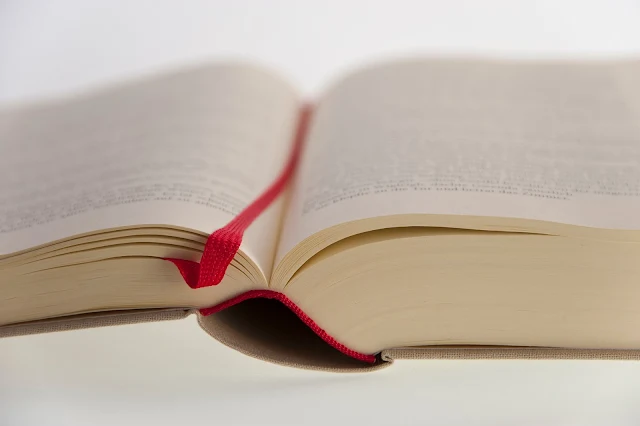Science Says These are the Oldest 16 Words in the English Language
 |
| Credit: Storyblocks |
They've lasted over 15,000 years.
Not a lot of things last over a thousand years; even fewer last over 10,000.
Yet a British research team has put together a list of what they called "ultraconserved words," or words that have remained basically unchanged for a stunning 15,000 years.
The researchers say this is because they all originate from the same ancient mother tongue -- a language used toward the end of the last ice age. That language tumbled from its tower of Babel to become seven language families, which all sound like they're out of Game of Thrones: Altaic, Chukchi-Kamchatkan, Dravidian, Inuit-Yupik, Indo-European, Kartvelian, and Uralic.
The 700 modern languages used by more than half of earth's population descend from those seven original families. Researchers scanned them for cognates: words that sound and mean the same things in different languages, like "father" -- padre, pere, pater, pitar, etc. From those, they put together proto-words, or what they believed were the cognates' ancestral form.
Ultimately, they found 23 words shared by at least four of the seven language families, making them the oldest and longest-lasting words in English. Here they are in all their ancient -- and modern -- glory:
1. Thou
The singular form of "you," this is the only word that all seven language families share in some form. As soon as language evolved, we would have needed to identify each other, and specifically to refer to the person to whom we were speaking.
2. I
Similarly, you'd need to talk about yourself. Plus, what's the use of language if not to talk about yourself?
3. Mother
The last cry of most soldiers dying on the battlefield is "Mom," so it's no wonder that it's a primal word. It's also an interesting non-pair on the list: "mother" makes it, but "father" doesn't.
4. Give
Human survival has always been predicated on our ability to cooperate. Teamwork in early civilizations wasn't a nice-to-have -- you died without it. "I was really delighted to see 'to give' there," study head Mark Pagel said. "Human society is characterized by a degree of cooperation and reciprocity that you simply don't see in any other animal. Verbs tend to change fairly quickly, but that one hasn't."
Translate with Google, Bing, Microsoft, Tilde, Yandex and Order Editing from Us! Automated Machine Translation Post-editing
Why choose English Translation Company Baltic Media?
How to Reduce English Translation Costs Without Sacrificing Quality
Why Human English Translation Services is Your Best Choice?
Free of charge price request
Request for Information
5. Bark
As in from a tree, not a dog. Anthropologists suggest this was a particularly important element of early civilizations because it was used to make baskets, rope, and, when boiled in water, medicine. In fact, aspirin was originally willow bark tea.
6. Black
Likely because in its original form, it helped early humans distinguish the light of day from the black of night. Another non-pair: "black" makes the list but "white" doesn't.
7. Fire
Light, warmth, security, a way to cook, a way to keep the wolves away. For a long time (and for many, to this day), fire was the greatest tool for survival. It was the best way to keep the "black" at bay.
8. Ashes
Makes sense, given how critical fire was.
9. Spit
What happens when you try to eat ashes.
10. Man/Male
The fact that "woman" doesn't make the list gives one pause, and may point to the linguistic reality of the patriarchy that has ruled much of the planet for thousands of years.
11. Hand
After our brains, arguably the most important body part for a human being, especially with its accompanying opposable thumbs.
12. Hear
There were all kinds of things we needed to hear: the approaching footsteps of a predator; the sound of prey fleeing; the sound of a baby's cries.
13. Flow
Unclear why this was so foundational, but perhaps it had to do with another fundamental element required for survival: water.
14. Old
Wisdom is essential when it comes to survival. The old people in a tribe were respected and listened to, for the simple fact that they had seen more and therefore knew more. Our modern culture would do well to reinstate this kind of respect.
15. This
Probably because you'd need to be able to specify that you meant this rock.
16. That
Not that rock.
---
"The English language is nobody's special property. It is the property of the imagination: it is the property of the language itself." - Derek Walcott
Read more:Inc.com


Comments
Post a Comment